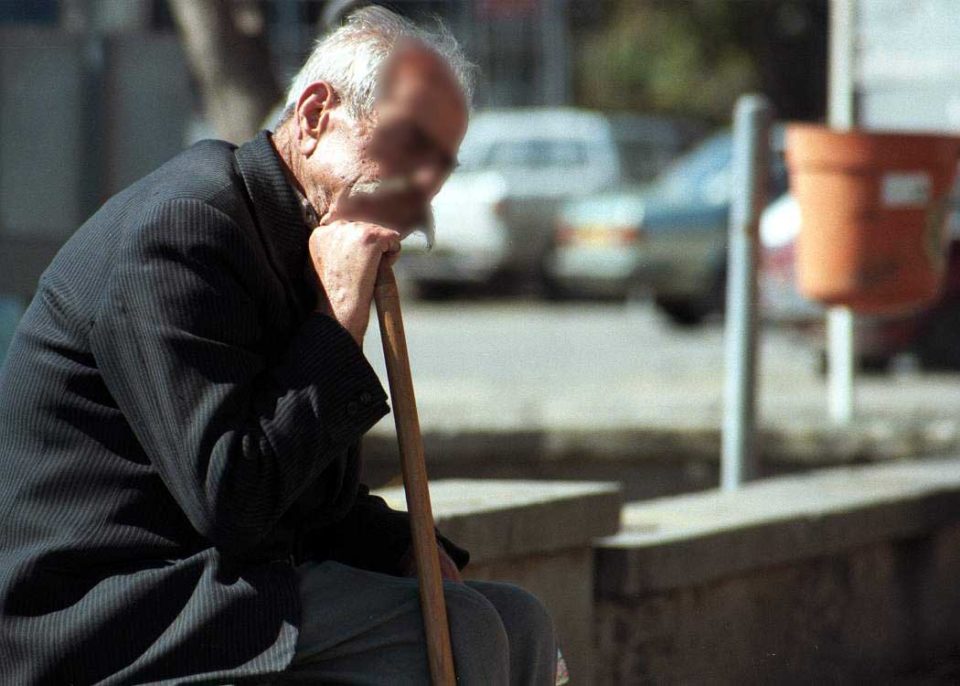The social welfare deputy ministry on Tuesday defended the reduction in the number of pensioners eligible for the government’s Easter allowance after the number fell from 18,822 in 2022 to 11,000 this year.
The deputy ministry was keen to point out that while the number of beneficiaries decreased, the amount payable has risen from €190 in 2024 to €250 this year, and also said the government has not applied the regulation which dictates that pensioners with more than €30,000 in bank deposits should not be eligible for the allowance.
This, the deputy ministry said, was done “with the aim of not pushing the number of beneficiaries downwards”.
The deputy ministry was put on the defensive by the front page of Tuesday’s edition of Haravgi, which pointed out that the maximum income for recipients has not been raised since 2022.
Since then, the newspaper said, that figure has been set at €7,000 per year for single-person households and €12,000 per year for two-person households, with the ceiling further raised for those who have other dependants living with them.
The newspaper added that the fact the income criteria have not been adjusted for inflation constitutes an “unpleasant surprise for thousands of pensioners”.
But the deputy ministry highlighted other measures the government has implemented which it says help pensioners, including the placing of 22,800 low-income pensioners on the electricity authority (EAC)’s 08 tariff, which carries a lower charge than regular bills.
It also highlighted the increase in subsidy funding for those staying in care homes from €745 to €1,300 per month.
On the matter of the Easter allowance itself, it said that “modernising steps have clearly been taken in the last two years”, and that “as is logical, any decisions are made to the extent possible”.






Click here to change your cookie preferences